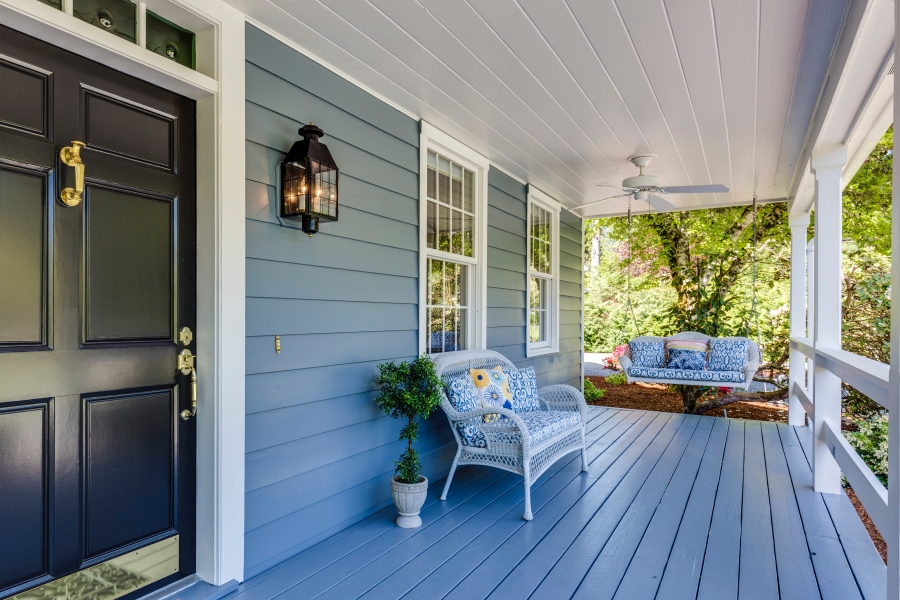First-time home buyers are excited at the prospect of owning a home and starting a family. But that excitement should be paired with prudence to secure a good selling price, favorable terms and other concessions from third parties.
A historic pandemic has turned the U.S. economy into a buyer’s marketplace where purchasers generally have more bargaining power over sellers. Here are financial considerations for first-time home buyers.
Tally All Ownership Costs
New buyers should be careful when calculating ownership costs: The actual amount goes beyond mortgage payments. There are household and related expenses, as well as insurance and property taxes. Given economic conditions, it’s prudent to make a conservative estimate rather than an aggressive one.
Factoring in hidden costs minimizes surprises that can leave buyers reaching for a credit card. Unforeseen expenses can include inspection, appraisal, loan origination, escrow and closing costs.
A budget should also have enough room for maintenance and repair, furniture, decorations, upgrades, lawn care, association fees, and even utilities. Even parking can be a hidden cost.
Fortunately, your new property has a chance to appreciate in value long-term.
“Your home serves as a savings vehicle,” says Brett Siegal, founder of Ruuster. “Because you’ll be routinely building equity by making your mortgage payments, it acts in a way as a forced savings plan that can help you avoid the temptation to spend that portion of your income on unnecessary expenses, like lavish vacations or new designer shoes.”
He adds, “Don’t overlook appreciation. Historically, property values have increased over time, so homeownership is an investment like stocks or bonds that could be worth more the longer you own it.”
Calculate Affordability
Finance guru Dave Ramsey recommends not spending more than 25% of take-home income on housing payments. He says that amount should include periodic payments like property taxes and insurance. So if your monthly take-home pay is $5,000 then the maximum payment should be $1,250 or less.
It’s wise to not max out to 25% given the current recession. Two streams of income (that total the same $5,000) is less risky than one income stream, where all your eggs are huddled in a single basket.
First-time buyers are prone to overpay or accept disadvantageous terms because of a perception that the target property is their “dream home.” Beauty is in the eye of the beholder but, unfortunately, a seller or third party will possess leverage to increase the price. Walking away is a normal part of the process.
Buyers should keep their cool and fight for favorable terms. After all, the recession means it’s a buyer’s market, which means people with cash have leverage over sellers and banks who want to liquidate assets. There are plenty of opportunities to acquire choice properties if you’re patient. Because there’s a healthy pipeline of available inventory in most markets.
Negotiate Appropriately
When sellers propose a price, they expect you to negotiate it down. An initial price is not binding, and it should not be the final price. The downturn means it’s a buyer’s market and, if you have good credit and cash for down payment, then you have the bargaining power.
It helps to have an expert agent or realtor on your side. An expert means he/she has closed 50-75 or more transactions. Your Uncle Joe or Cousin Bob who got his real estate license a few weeks ago is not an expert.
Experience makes one an expert, not some state-issued document. For example, there are millions of motorists who were issued driver’s licenses. But there are tons of horrible, dangerous drivers. A state certification does not make an agent or realtor an expert.
Moreover, a home inspection is necessary so you can better negotiate the selling price. Problems with different areas of the house will cost money to fix, and that should factor into a price discount. Closing costs can also be 3%-6% of the loan value. Tell the seller you’re better able to close the deal if he/she meets you halfway.
Finally, don’t be afraid to walk away. In this economy, there’s an abundance of sellers and available inventory. An ability and confidence to potentially reject a deal incentivizes sellers to lower the price and give concessions. A buyer shouldn’t be stuck with bad terms or mediocre price. He/She should be fully in control of how to spend hard-earned cash a seller is trying to obtain.

